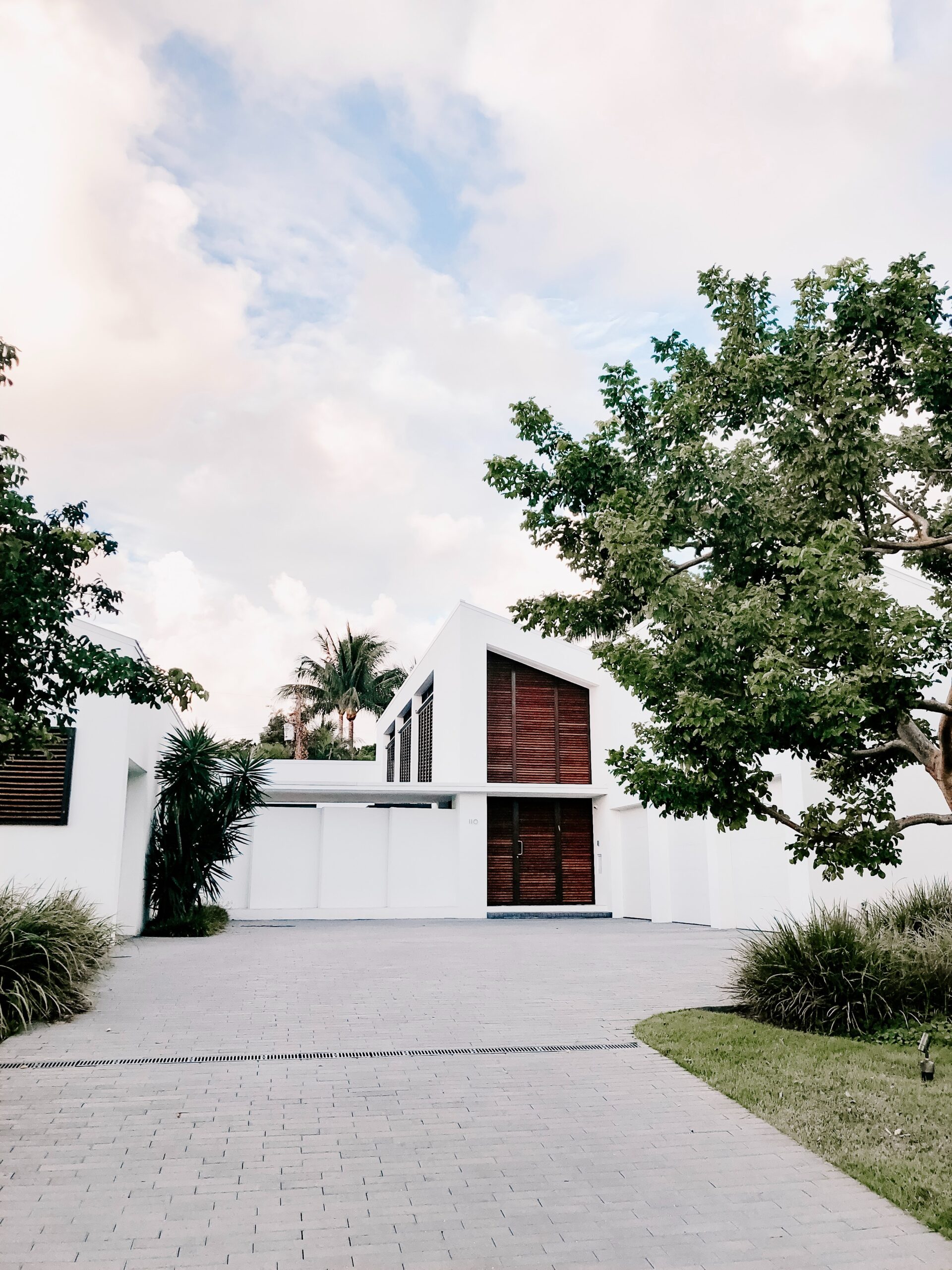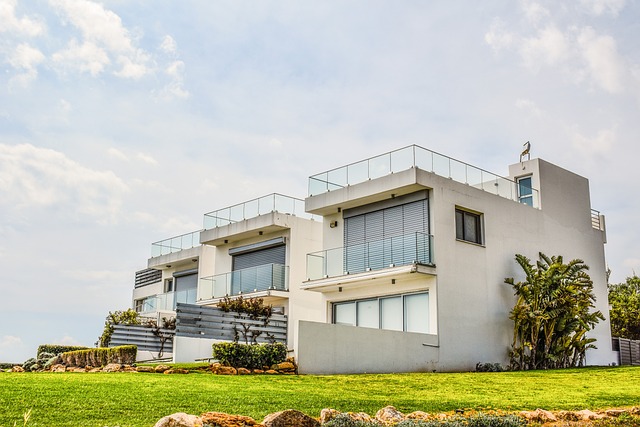
25 Jul Property Maintenance and Repairs: Best Practices for St. Louis Property Managers
Property maintenance and repairs are crucial responsibilities for property managers in St. Louis. Property managers can ensure their properties’ safety, functionality, and longevity by implementing effective maintenance practices and promptly addressing repairs. This guide will explore the best property maintenance and repairs practices specific to St. Louis, providing valuable insights to help property managers streamline their operations and maintain high-quality properties.

Importance of Property Maintenance
Property maintenance is a critical aspect of property management in St. Louis. By prioritizing maintenance practices, property managers can experience various benefits that contribute to the overall success of their properties. The importance of property maintenance can be understood through two key aspects:
Protecting Property Value:
Regular maintenance helps protect the value of your property. By addressing minor issues promptly and conducting preventive care, you can prevent little problems from escalating into costly repairs. Properly maintained properties retain aesthetic appeal and functionality, positively impacting market value. Well-maintained properties also tend to attract quality tenants, further enhancing the overall weight and desirability of the property.
Ensuring Tenant Satisfaction:
Property maintenance plays a crucial role in ensuring tenant satisfaction. Well-maintained properties provide tenants with a safe, comfortable, and functional living environment. Regular upkeep of common areas, landscaping, and essential amenities contributes to a positive tenant experience. When tenants feel that their needs are attended to and that their living conditions are well-maintained, they are additionally likely to renew their leases, refer others to the property, and maintain a positive relationship with the property manager.
Addressing Maintenance Requests
Addressing maintenance requests in a timely and efficient manner is crucial for property managers, including the best real estate agents in St. Louis, MO, to ensure tenant satisfaction and the overall well-being of the property. Here are some vital considerations for these top agents when it comes to addressing maintenance requests:
Efficient Communication Channels:
Establish transparent and efficient communication channels for tenants to submit maintenance requests. This can include online portals, email, phone, or dedicated maintenance request forms. Respond promptly to maintenance requests and acknowledge receipt to reassure tenants.
Prioritizing and Scheduling Repairs:
Assess the urgency and severity of each maintenance request to prioritize repairs effectively. Categorize recommendations based on their impact on tenant safety, property functionality, and potential damage. Develop a system to schedule repairs and communicate timelines to tenants, ensuring transparency and managing expectations.
Vendor and Contractor Management:
Maintain relationships with reliable vendors and contractors who can promptly address maintenance needs. Vet vendors based on their expertise, responsiveness, and pricing. Establish clear expectations, including response times, quality of work, and communication protocols. Regularly assess vendor performance and provide feedback to ensure the best possible service.
Conclusion
Effective property maintenance and repair practices are essential for St. Louis property managers to ensure property value, tenant satisfaction, and regulatory compliance. Tracking the best procedures summarized in this guide, effects managers can streamline maintenance operations, promptly address repairs, and maintain high-quality properties in St. Louis. Property managers can create a safe, comfortable, and attractive living environment for tenants while protecting their investment by prioritizing property maintenance.
frequently asked questions (FAQs)
1. How often should I conduct property inspections?
Property inspections should be conducted regularly to identify maintenance issues and ensure the property is in good condition. The commonness of estimates may vary depending on factors such as property type, tenant turnover, and local regulations. Inspections are recommended at least annually, but more frequent checks may be necessary for high-traffic properties or those with specific maintenance requirements.
2. How do I prioritize and schedule repairs?
A: Prioritizing repairs is essential to address urgent issues promptly. Consider the severity of the problem, potential safety hazards, and the impact on tenants’ daily lives. Develop a system to categorize repairs based on urgency and establish a timeline for addressing them. Communicate transparently with tenants about repair timelines and provide updates as necessary.
3. How should I manage vendors and contractors for property repairs?
Building relationships with reliable vendors and contractors is crucial. Seek recommendations, evaluate their credentials and expertise, and select clear anticipations for the area of work, pricing, and response times. Maintain open communication, monitor their performance, and provide feedback to ensure quality repairs. Consider using a centralized system to track vendor information, contracts, and work history.
4. What should I do in a matter of crisis rehabilitation?
Establish emergency protocols and provide tenants with clear instructions on reporting emergencies. Maintain 24/7 availability to address urgent repair needs promptly. Build a network of reliable emergency service providers who can respond quickly. Document emergency repairs and communicate with tenants about safety procedures to ensure their well-being.
5. How can I stay updated with local regulations and building codes?
Regularly review local regulations and building codes relevant to your property. Stay knowledgeable about any updates or modifications to ensure compliance. Consult with local authorities or industry associations for guidance if needed. Consider partnering with professionals with expertise in local laws to provide your parcel that meets all needs.
6. How can I educate tenants about routine maintenance?
Provide tenants with maintenance guidelines and instructions on routine upkeep. Create informational materials or handbooks that outline basic maintenance tasks and responsibilities. Communicate regularly with tenants through newsletters or emails, offering tips and reminders. Encourage tenants to report maintenance issues promptly to prevent minor problems from escalating.
 CLICK HERE FOR PODCAST
CLICK HERE FOR PODCAST

